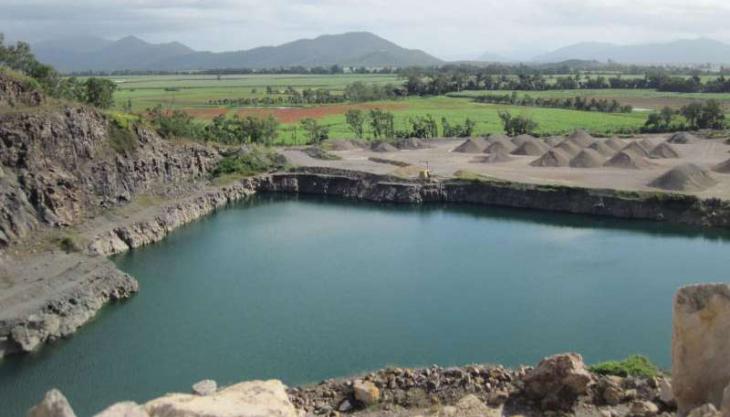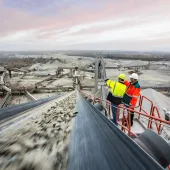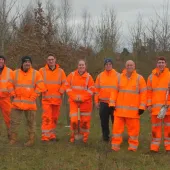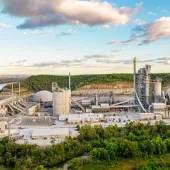
Association outlines commitment to positive action towards the achievement of Net Positive Impact
THE global cement and concrete industry is announcing its commitment to supporting and enhancing global biodiversity throughout its operations. To underline this, the Global Cement and Concrete Association (GCCA) has this week launched a new policy document which outlines steps that GCCA members commit to taking to work towards the achievement of Net Positive Impact in cement, concrete and aggregates operations.
With 2021 being recognized as a critical year for biodiversity and the natural world, and the connections between biodiversity and climate change widely recognized, the industry is reiterating its commitment to improving biodiversity throughout the lifespan of its operations as concrete continues to be vital in supporting global infrastructure and a sustainable global economic recovery.
Claude Loréa, cement director at the GCCA, said: ‘Protecting and enhancing biodiversity is critical for the future of our planet. While the cement and aggregate industry can have an impact on nature through extraction of raw materials from the earth, our member companies have a great record in minimizing the impact of their operations – restoring and often improving the balance of nature in land that they manage.
‘Working towards net positive impact throughout their operations will underpin the great work that is already under way. We already have detailed guidelines for member companies to follow and our new policy outlines our commitment to building the sustainable world of tomorrow.’
The biodiversity policy unveiling follows last year’s launch of the GGCA’s Climate Ambition to reduce the CO2 footprint of member company operations and produce carbon-neutral concrete by 2050 in line with global climate goals.
The biodiversity policy outlines four specific key actions to ensure ecosystems can flourish:
- Formulating and executing effective and progressive quarry rehabilitation and biodiversity management plans.
- Tracking, monitoring, reporting and establishing assurance of information through key performance indicators.
- Highlighting concrete’s strong sustainability characteristics, such as high versatility, which enables material efficiency aligned with nature-based solution initiatives.
- Working in partnership to scale up efforts, building close ties with civil society organizations.
To mark the launch of the policy and campaign to outline the biodiversity work across the sector, the GCCA recently hosted the latest instalment in its sustainability-focused webinar series, titled ‘Enhancing Global Biodiversity – Cement and Concrete Industry’s Contribution’.
Speakers included Gerard Bos, director of the Business and Biodiversity Programme, IUCN; Eva Zabey, executive director of the Business for Nature Coalition; and Claude Loréa, cement director at the GCCA. Discussions centred around the importance of biodiversity and how the cement and aggregate industry is making positive contributions in areas such as land and water management.
Gerard Bos said: ‘The cement, concrete and aggregate industry has a great track record in improving biodiversity throughout its operations. We welcome GCCA’s new policy and its work towards making the world more sustainable.’
Eva Zabey said: ‘It is critical that businesses work to prevent and reverse nature loss. GCCA’s biodiversity policy is an important additional step to ensuring that the cement and aggregate industry continues to minimize its impact and enhances the biodiversity in the areas in which it operates.’
Claude Loréa added: ‘GCCA member companies and our sector are often recognized for the stewardship of the land we operate and sustainable quarry management – and we work with all our affiliate associations across the world to shine a light on this work.’









